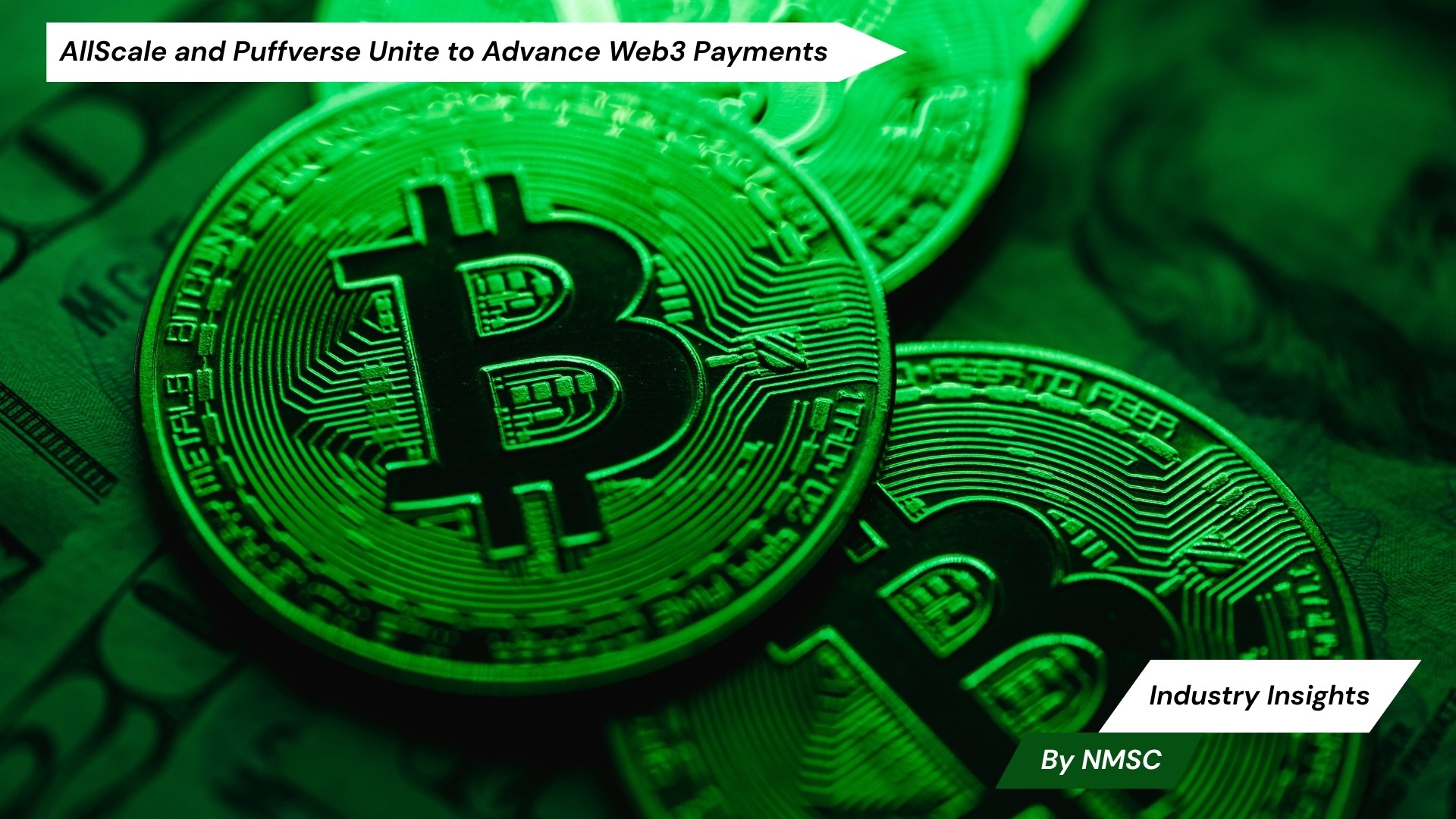South Korea Mobile Payment Market is Expected to Reach USD 4.79 Billion by 2030
Published: 2025-11-12
Rise of cross-border transactions and rising fintech and digital banking services are driving up demand for the South Korea mobile payment market demand growth during the forecast period.
The South Korea Mobile Payment Market size was valued at USD 1.22 billion in 2023, and is predicted to reach USD 4.79 billion by 2030, with a CAGR of 20.1% from 2024 to 2030, according to new research by Next Move Strategy Consulting.
The surge in cross-border transactions acts as a significant driver propelling the expansion of the mobile payment industry within the country. In an era marked by increasing globalization, businesses and individuals engage seamlessly in international trade, commerce, and remittances, demanding efficient and dependable payment solutions. Mobile payment platforms emerge as a transformative solution, providing a seamless, cost-effective, and efficient method for conducting cross-border transactions.
One of the primary benefits of mobile payment solutions is their capacity to facilitate smooth money transfers and payments across borders. By utilizing mobile payment platforms, users can seamlessly transfer funds internationally, overcoming geographical barriers and avoiding the complexities associated with traditional banking intermediaries. Moreover, with mobile payment platforms increasingly supporting multi-currency transactions and offering competitive exchange rates, users enjoy enhanced convenience and cost-effectiveness.
Additionally, the integration of innovative technologies such as blockchain has significantly bolstered the security, transparency, and speed of cross-border payments. Blockchain technology ensures the immutability and integrity of transaction records, mitigating the risk of fraud and fostering trust among users. Furthermore, blockchain-based solutions enable real-time settlement of cross-border transactions, eliminating the delays inherent in traditional banking systems.
The surge of fintech and digital banking plays a pivotal role in driving the expansion of the mobile payment market in the country. Fintech innovations and digital banking services revolutionize financial solutions, making them more accessible and convenient through mobile devices, thereby democratizing financial services. This shift empowers consumers to seamlessly manage their finances, execute payments, and conduct transactions directly from their smartphones.
The integration of mobile payment features within fintech apps and digital banking platforms enhances the user experience by providing seamless access to a wide range of payment options and streamlined account management capabilities. Users can now conveniently access their financial accounts and execute transactions anytime, anywhere, with just a few taps on their mobile devices.
Furthermore, fintech firms and digital banks drive innovation in payment technologies, often pioneering advancements such as peer-to-peer transfers and contactless payments. These innovative payment solutions enhance user convenience and contribute to the overall growth and evolution of the mobile payment market.
However, resistance from traditional financial institutions presents a formidable barrier to the growth trajectory of the mobile payment market in the country. Established banks and financial entities often perceive mobile payment solutions as disruptive forces that challenge their conventional business models, leading to reluctance in embracing or endorsing these innovative technologies.
This resistance arises from various concerns, including potential revenue cannibalization, navigating regulatory complexities, and apprehensions about relinquishing control over payment infrastructures. On the contrary, the advent of real-time payments signifies a significant leap forward for the mobile payment market, heralding a paradigm shift characterized by unparalleled speed and convenience in fund transfers within the country.
Real-time payment systems enable instantaneous transactions between parties, offering remarkable efficiency and ease of use. This transformative advancement presents mobile payment providers with opportunities to deliver seamless experiences to both consumers and businesses.
With real-time payments, transactions can be settled instantly, whether it involves splitting bills with friends, making retail purchases, or transferring funds between accounts. This instantaneous settlement mechanism streamlines the transaction process and enhances the overall user experience, fostering greater satisfaction and loyalty among users.
Moreover, the integration of real-time payment capabilities into various sectors such as e-commerce, peer-to-peer lending, and on-demand services serves as a catalyst for innovation and expansion within the mobile payment ecosystem. By incorporating real-time payment functionalities, businesses can offer customers enhanced convenience and flexibility, driving adoption and shaping industry standards.
In essence, the rise of real-time payments revolutionizes payment processing, offering fertile ground for growth and innovation in the mobile payment market. As real-time payment systems become increasingly ingrained in everyday transactions, mobile payment providers have the opportunity to capitalize on this trend, driving continued progress and prosperity within the digital economy.
Request for a Sample PDF on the South Korea Mobile Payment Market
Several key players operating in the South Korea mobile payment industry include Alphabet, Inc. (Google), Alibaba Group Holdings Limited, Amazon.com, Inc., Apple, Inc., PayPal Holdings, Inc., Visa, Inc., Tencent Holdings Limited (WeChat), MasterCard International, Inc., Samsung Electronics Co. Ltd., Block, Inc., and others. These key players have adopted various strategies to strengthen the market share.
Key Insights from the South Korea Mobile Payment Market Report:
-
The information related to key drivers, restraints, and opportunities and their impact on the South Korea mobile payment market is provided in the report.
-
The value chain analysis in the South Korea mobile payment market study provides a clear picture of the roles of each stakeholder.
-
The market share of players in the South Korea mobile payment market is provided in the report along with their competitive analysis.
















Add Comment